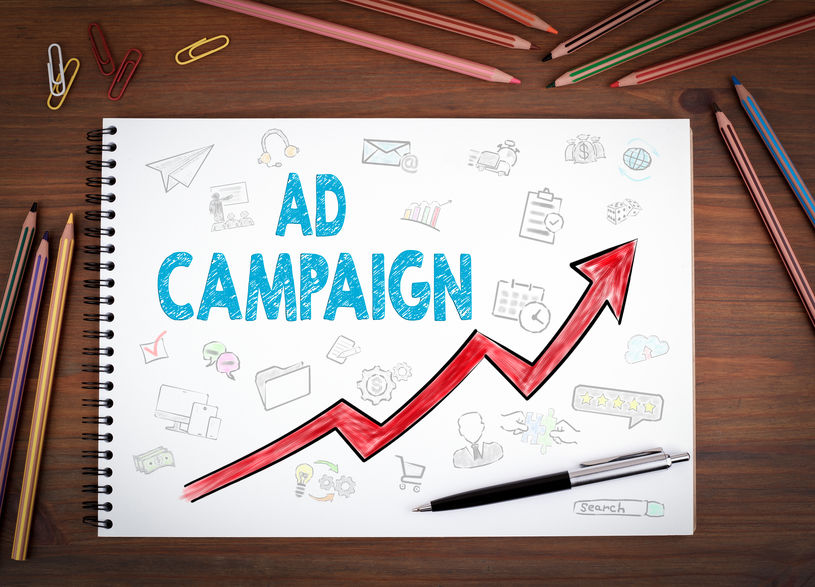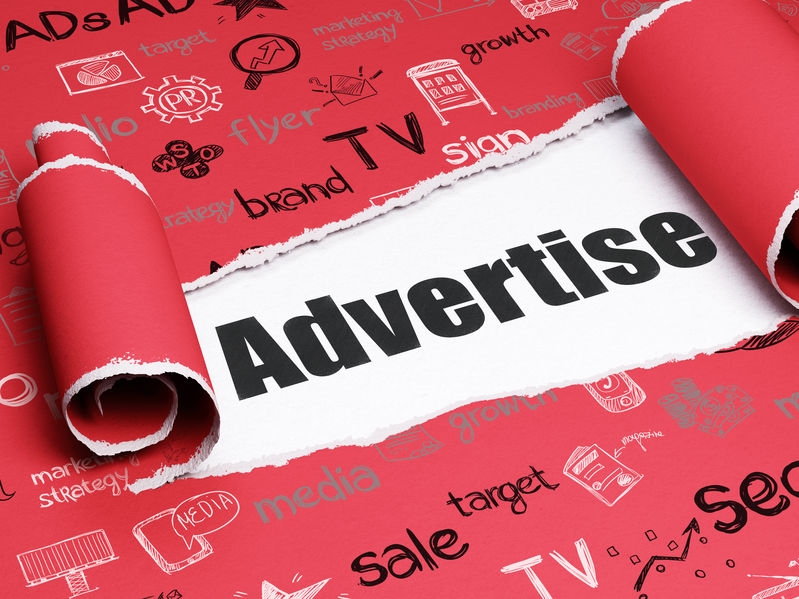
Advertising can be one of the most effective channels for building brand awareness, generating leads and making more sales. That said, it also can be one of the most expensive tactics and is often a challenge to get right. At the core, B2B marketers are faced with the task of balancing brand and transparency with concise and attention-grabbing calls to action. Before starting your next advertising campaign, here’s a six-step guide to help you maximize your advertising effectiveness.
Advertising Campaign Guide

1. Define the target audience. When it comes to ads, you have an extremely limited amount of time to grab attention, make a statement and communicate a call to action. To accomplish those goals, it’s essential to know the audience you’re targeting. Understand what makes them tick (or click.) Ask yourself:
- What are the buyer personas our company targets?
- Are our prospective buyers local or global?
- Are we going to target a specific segment of the marketplace?
- What are our audiences’ challenges and how can we address them?
2. Start with purpose. As with any initiative, a clearly defined goal will be essential to creating your advertising campaign. Determine what you aim to achieve for your company and for your prospects and why. Ask yourself:
- How does this ad fit into our company vision, mission and brand?
- What is the goal of our ad? Common objectives include increased revenue, page views or generated leads.
- What is the call to action that will guide prospects to achieve our goal?
3. Choose an advertising platform. There are many different advertising platforms available today, and sometimes it’s a challenge to know which ones to choose to attract the greatest response from prospects and customers. Platforms today include traditional methods such as billboards, print magazines, event sponsorships, radio and television, as well as digital outlets including search engines, social media, branded podcasts and webinars, account-based advertising and more. With so many options available, it’s important to do your research. Ask yourself:
- Where can we find the highest number of potential buyers? (What do they read and engage with?)
- Do we need to change and/or expand our presence on social media?
- Which platforms are most successful in our industry?
4. Define necessary resources. The resources you have available to put into your advertising campaign will greatly impact the result. Resources mean time, money and personnel. Ask yourself:
- What is our budget?
- What are our breakeven points?
- Is our campaign time-sensitive?
- Do we have expertise in-house, or do we need to seek outside help?
5. Establish a timeline. Similar to resources, time is finite and will greatly influence the processes and result of your advertising campaign. Allow yourself flexibility in scheduling. Ask yourself:
- What deadlines do we need to consider for content development, production and implementation?
- How long is an effective run of our ad?
- Are there other influences such as promotion, price cuts, new products, etc. we need to consider?
6. Predict ROI. A good return on investment is the goal of any marketing initiative. When it comes to advertising, it’s important to define what ROI even means. Examples include sales growth, number of click-throughs, downloads leads or conversions. Understand what your team defines as ROI and set goals accordingly. Ask yourself:
- What counts as a return on investment for our team and this particular ad?
- What analytics can we use to determine ROI?
- Which benchmarks are set to measure ROI such as page views or increased revenue?
Importance of Planning

One of the major reasons B2B advertising campaigns don’t deliver on ROI is due to a lack of planning. By following these guidelines and creating a plan from the get-go, marketers encourage alignment, build engagement and drive organizational success. Today’s advertising platforms offer the ability to carefully target audiences, delivered tailored messages and analyze results. Like with any tactic, advertising takes time. Develop a strategic plan, carefully craft your message, analyze efforts and make adjustments as needed.
